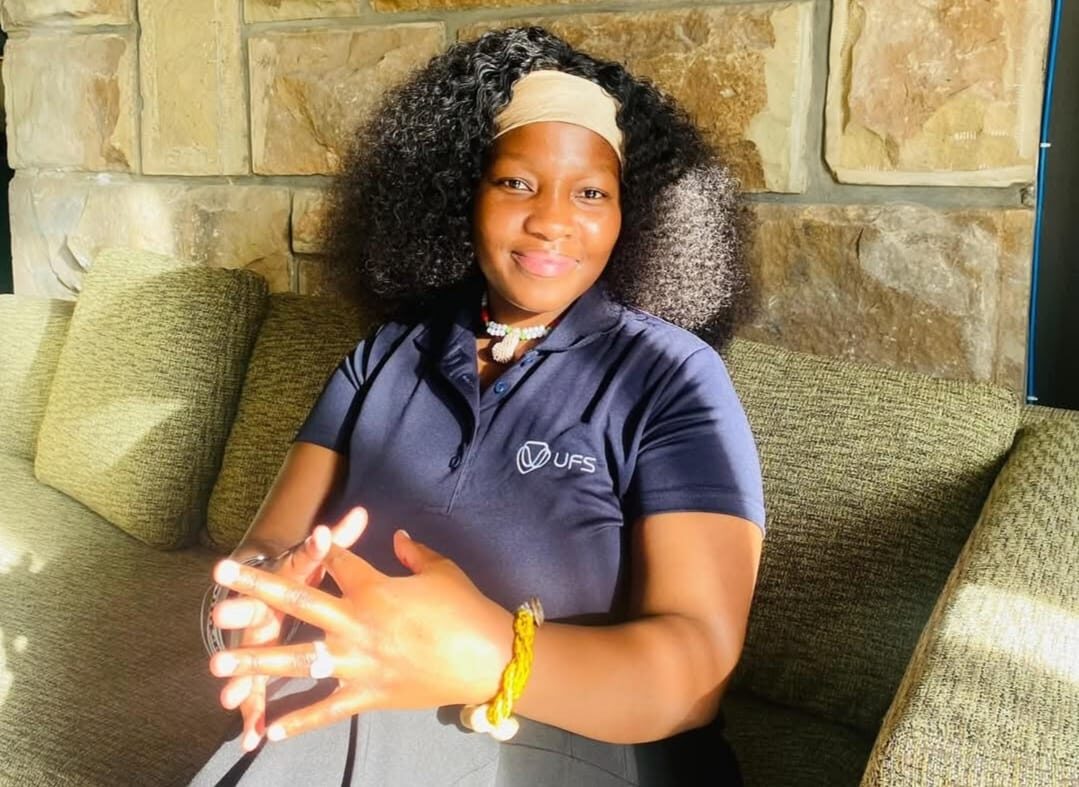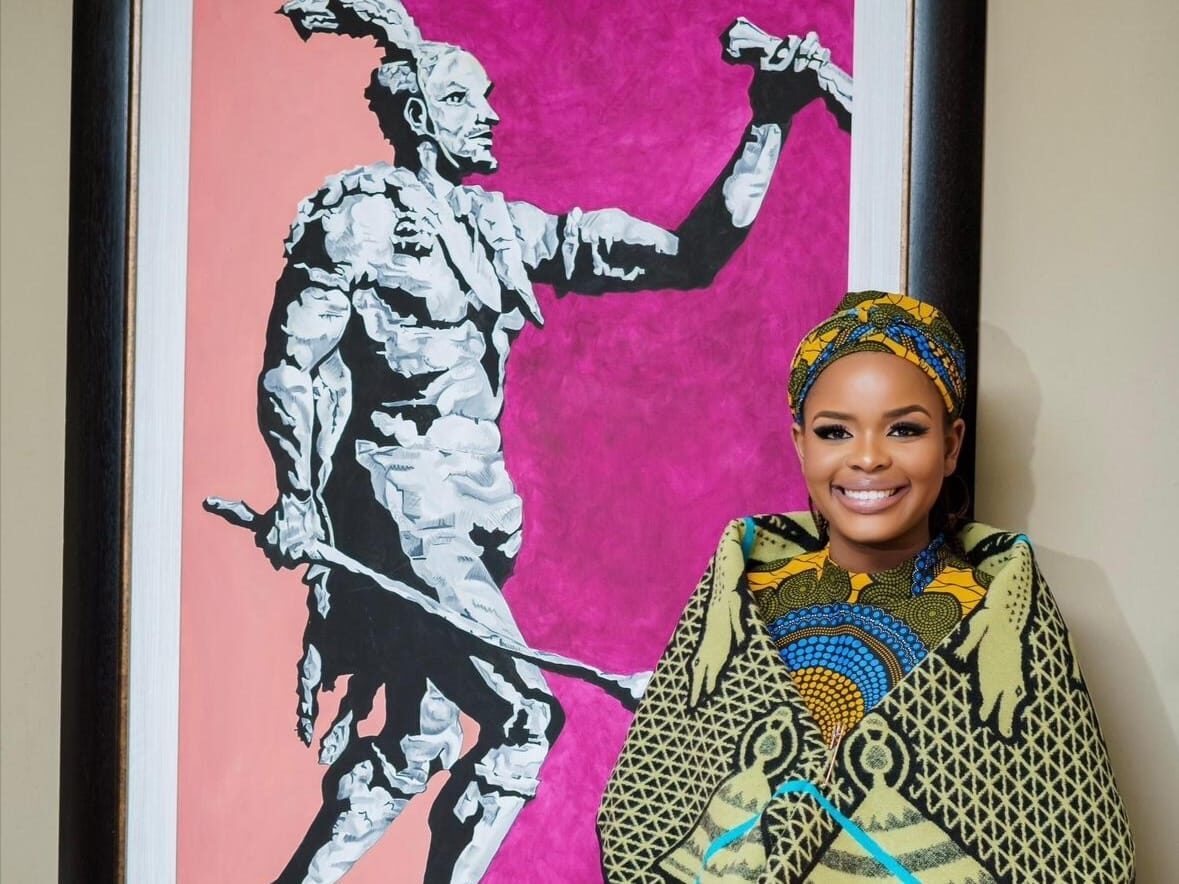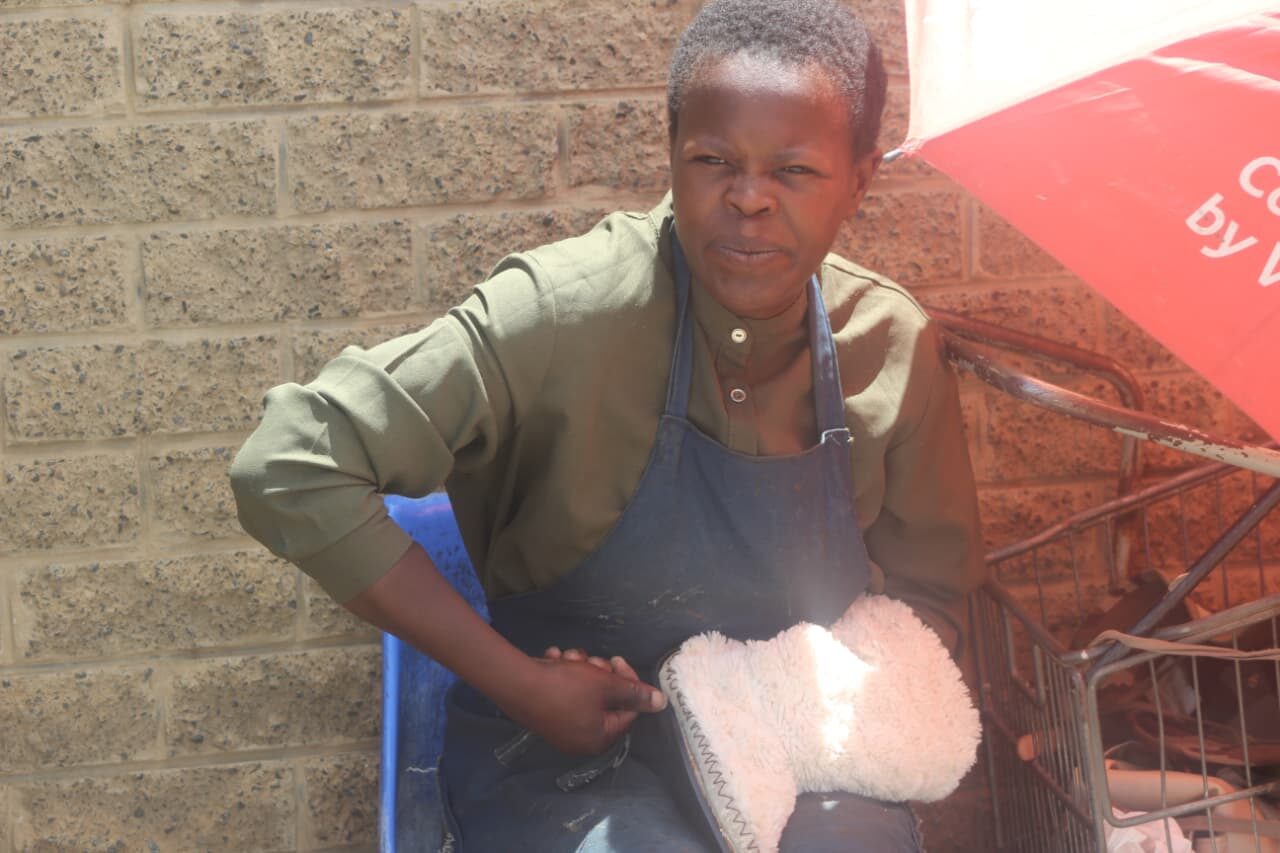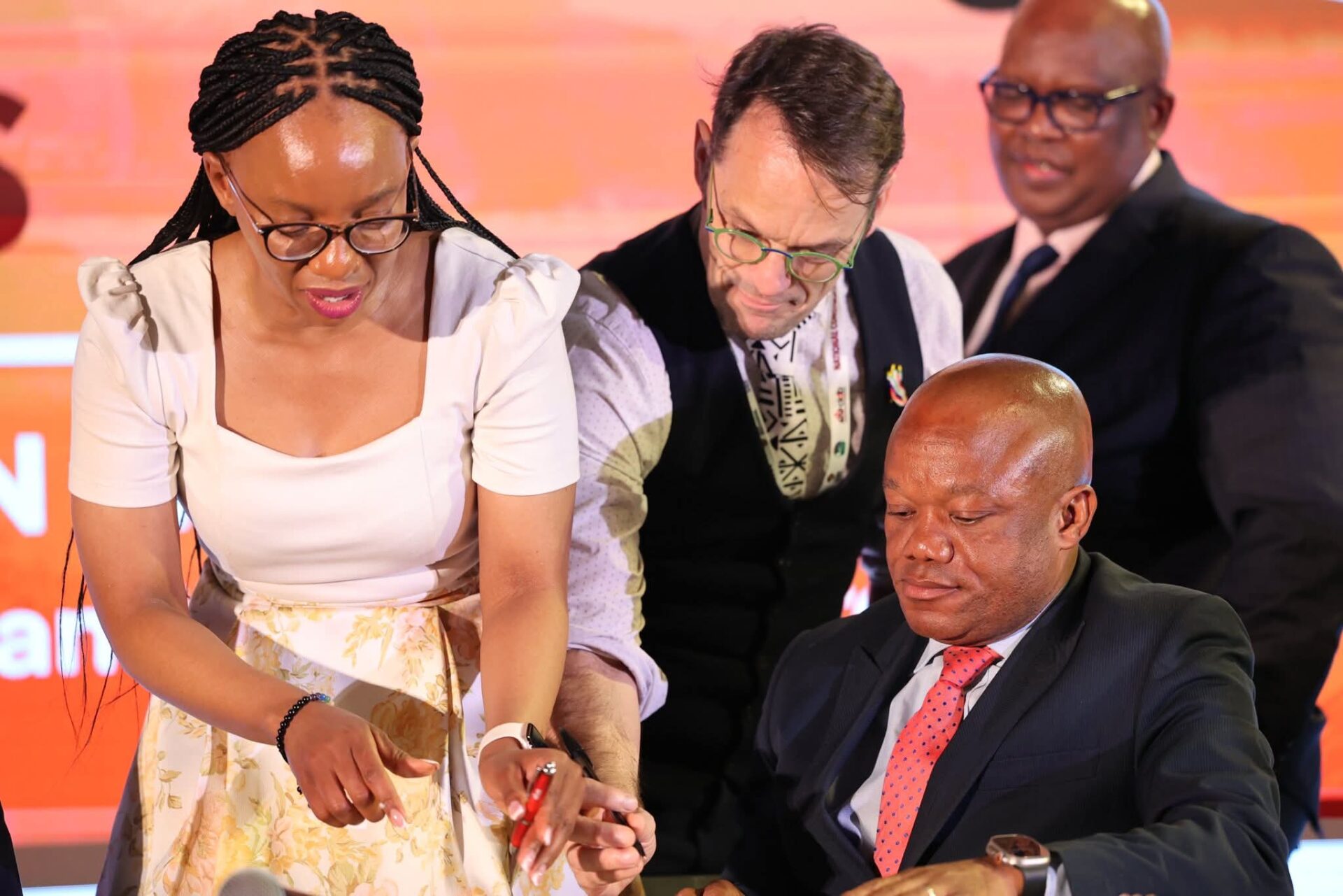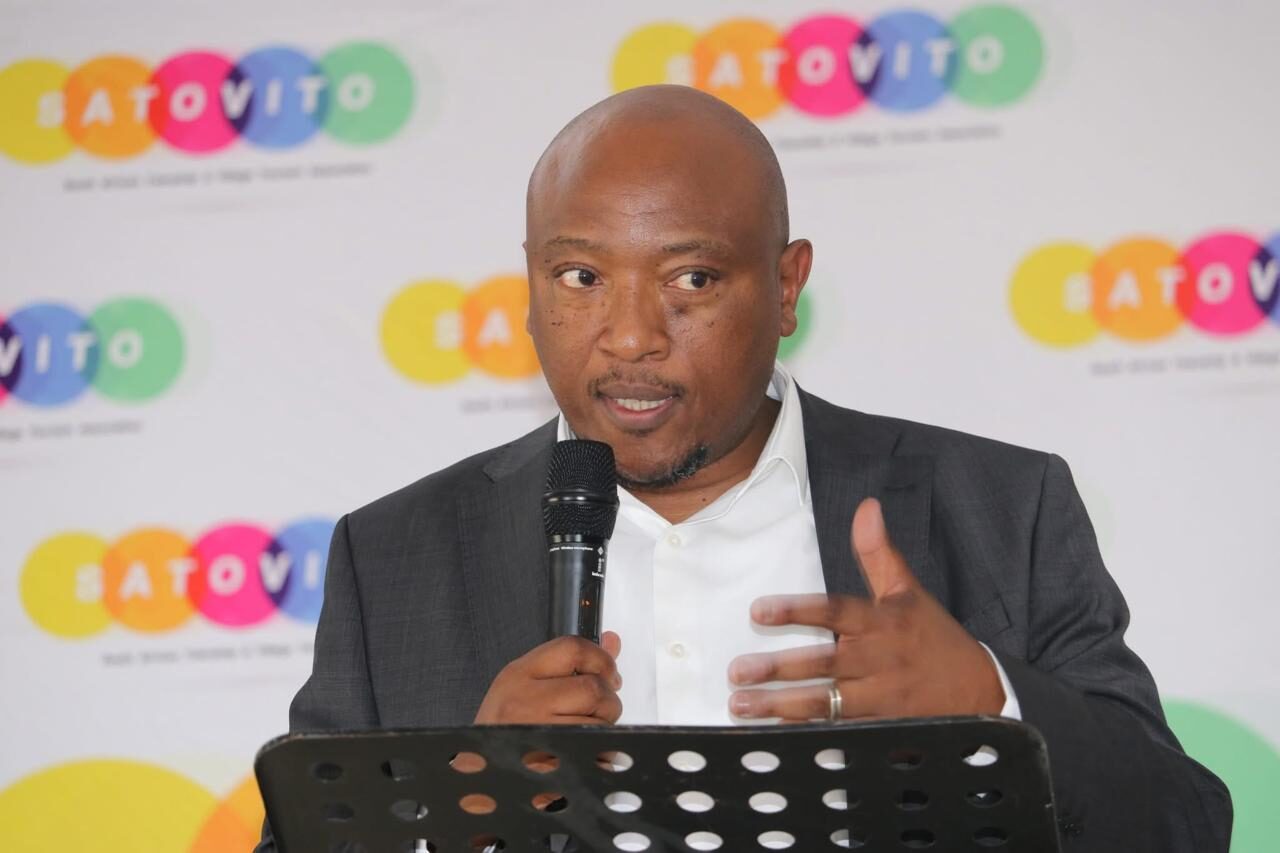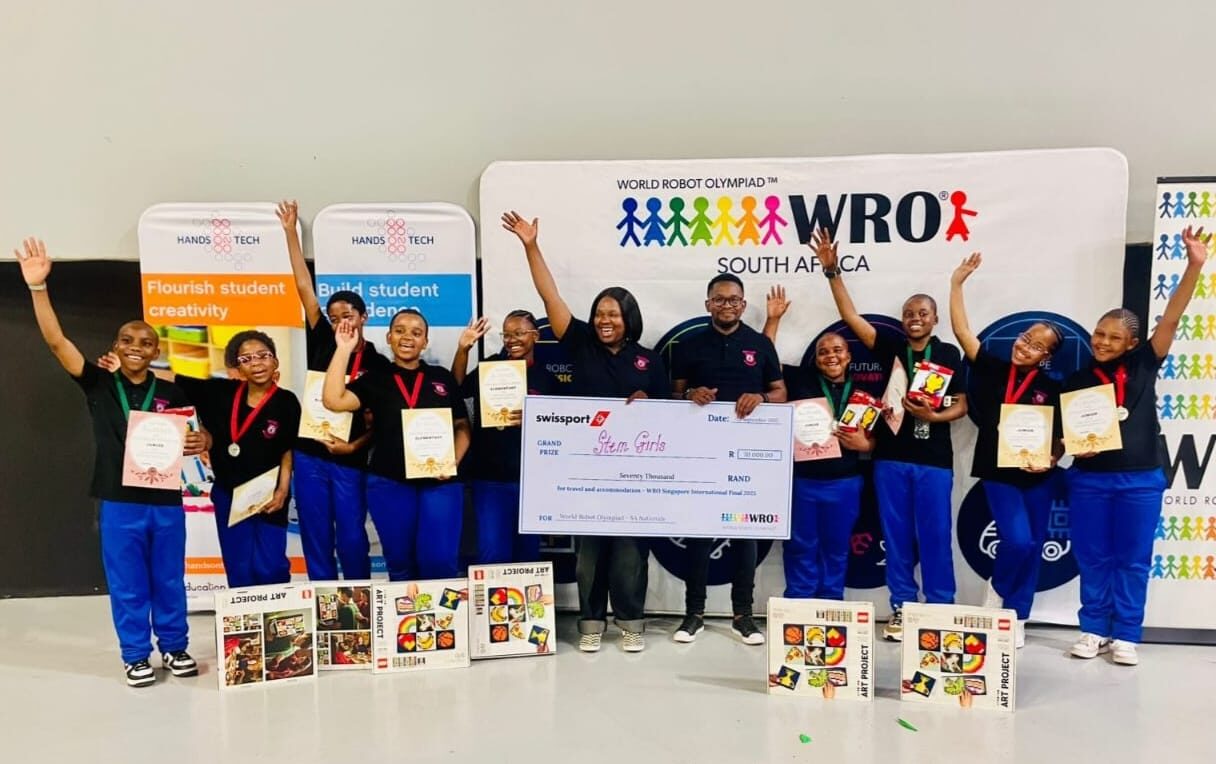By Emily Setona
QWAQWA – Despite limited support from government, female farmers are determined to carve out a future for themselves in this sector, especially because agriculture is a significant employer and products such as poultry are always in demand.
Tshepiso Moloi is a young woman from Harrismith who obtained her undergraduate and honours degree in agriculture from the University of the Free State (UFS) majoring in agricultural management, she is currently an intern at a broiler farm in the small Free State town of Tweeling. Prior to being placed at this poultry farm Moloi assisted Alison Oates who is an owner of a cattle farm in Harrismith.
According to Moloi given the practical experience that she has gained so far, she has realised that the poultry industry is a thriving industry, and she’d like to own her own farm one day.
“I feel like the poultry industry is the space that can open more doors for me because chickens are in demand, it is a daily meat that people eat unlike beef which is more expensive. I was placed at this farm as part of the Free State department of agriculture and rural development’s graduate internship programme which gives us two years of experience because after completing our studies it is hard to get a job because employers want experience. The challenge that I find is that the department of agriculture always says that we must approach them for assistance, but we write business plans that do not get funded because the department says they do not have funds and on the issue of access to land the department always says they don’t have land. The poultry farm that I’m currently doing my internship at is owned by two female farmers and this is my last year, so I hope that things go well for me, and I get to own my own farm one day.”
Itumeleng and Nthabiseng Matla are sisters who own Fresh Poultry agricultural company that prides itself with rearing day-old chicks to six-week-old chickens and sell them to resellers and bulk buyers. “We are committed to producing and providing fresh organic chickens of great quality and great taste to our customers, we started by using what we had and thinking out of the box before asking for funding from government. We have since received several awards for our hard work and efforts, but the journey was not easy we had to persevere and depend on ourselves for most of our successes,” Nthabiseng Matla said.

Young female farmer Tshepiso Moloi.
Alison Oates is a Cattle farmer who feels like it’s a privilege to be part of the farming industry and this is what she said in an interview with this publication. “Our lack of testosterone maybe makes the average woman less aggressive or brave than the average man, but again not a crisis. Women, multi-task well and if there is one thing farmers must do is multi-task. As in all fields you do come across people who are not comfortable dealing with certain categories of people, but that is quite possible to work around if necessary.”
“We need more emerging farmers, and more emerging farmers becoming big commercial farmers. Regrettably we have largely wasted 30 years. Farmers need a passion and know how. Too many new farmers the government put massive amounts of money into lacked both and were shall we say political appointments. Nevertheless, there have been significant moves in the right direction, and it has been my privilege to assist some of these people along their way.”










